The judicial branch in the Russian Federation has a very complex and hierarchical structure. Each type of court as a judicial authority will be examined in detail in this article.
General characteristics of the judiciary in the Russian Federation
The judicial branch is recognized as an independent and independent system along with the executive and legislative branches. What is the independence of the court as a judicial authority? The law speaks of the inviolability and independence of judges, obeying only the Constitution and other regulatory acts of the Russian Federation.
The system of separation of powers is based on the principle of checks and balances. The judicial branch plays an important role here. Thus, the courts may repeal individual laws, decrees or decrees. At the same time, the opportunity to appeal the court’s decision allows you to resist the criminal actions of representatives of the branch in question.
To date, the following structure of the judicial system has been fixed:
- Constitutional justice.
- The system of courts of general jurisdiction.
- Arbitration courts.
Each of the presented directions will be described in detail below.
About the signs and principles of the judicial system
Each court as a body of judicial power and justice has a number of important features. Here it is worth highlighting:
- the exercise of power in a judicial form;
- independent and independent position;
- special status of judges;
- exercise of power through criminal, constitutional, civil and administrative types of proceedings.
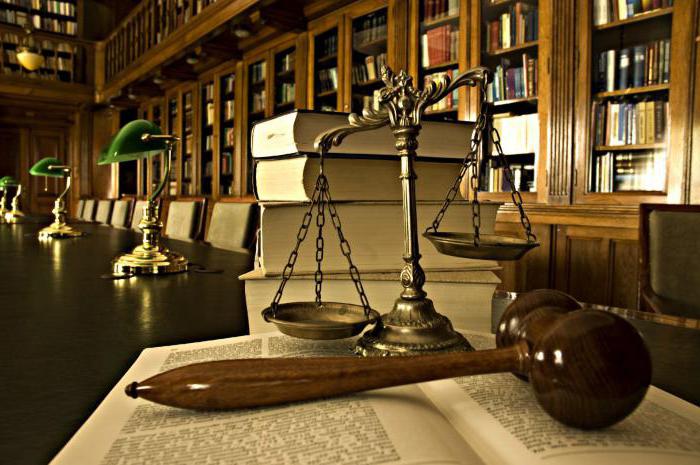
Thus, the features of the judicial system are the special features of the authorities, which qualitatively distinguish them from other instances. What principles are worth highlighting here? On what ideas, conditions and beliefs is the Russian court built as a judicial authority? Here is what the lawyers point to:
- democracy and humanism;
- legality and subordination to the basic law of the country;
- openness and publicity.
Compliance with international standards, as well as the observance of human and civil rights and freedoms, should be added here.
About the system of constitutional justice
In the Russian Federation, the Constitutional Court of the Russian Federation exists as a judicial authority, which is considered the main one in the country. It is the representatives of the Constitutional Court that are capable of repealing or skipping laws, interpreting the norms of the Constitution, and also checking federal laws for compliance with the main law of the country.
The Constitutional Court is thus a body of constitutional review. He independently and independently exercises the powers vested in him by law. It is worth noting that the Constitutional Court acts as a kind of arbitrator: its representatives are able to resolve disputes between federal and regional bodies. The court also has the right to legislative initiative as part of its professional activities.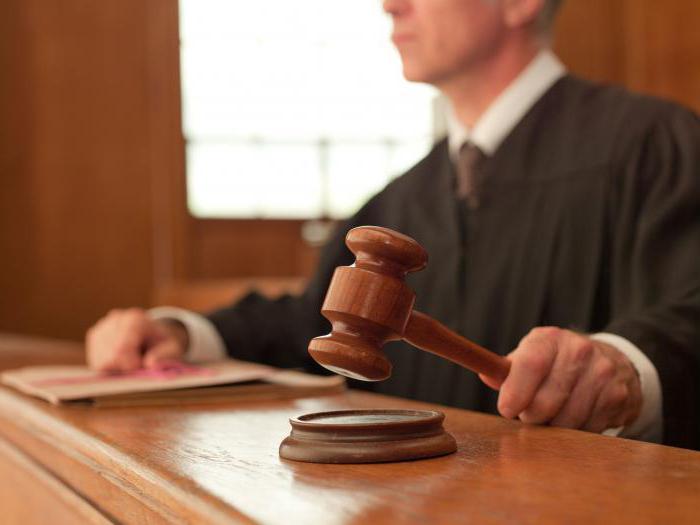
Constitutional justice includes statutory courts. They are created in the regions and possess, in fact, all the same powers as the Constitutional Court. At the same time, the statutory courts are not subordinate to the Constitutional Court, although they are part of the same justice system.
Structure of the Constitutional Court as a judicial authority
The Constitutional Court consists of 19 highly qualified judges. They are appointed by the upper house of the Federal Assembly. The corresponding candidates are proposed to the Federation Council by the head of state. The powers of the court in question cannot be limited by time (as is the case with the State Duma or the President).In this case, some individual judges may be dismissed or removed from office.
Such a judicial authority as the Constitutional Court should include only the best representatives of the Russian judicial system. So, the following requirements are presented to candidates for the post of judge of the instance in question:
- age not less than 40 years;
- impeccable reputation in everything;
- the presence of higher education in the field of "jurisprudence" and the corresponding work experience of at least 15 years.
Moreover, the court itself carries out work in two directions:
- plenary session;
- meeting of the chambers.
The composition of this or that chamber is determined by drawing lots. All judges participate in the plenary session: here they consider issues of modernizing the work of the court, resolving issues of the legislative process, etc. Specific topics of activity are established in the chambers: interpretation of the Constitution, consideration of bills, etc.
General characteristics of the Supreme Court
What is the Supreme Court? According to article 126 of the Russian Constitution, this is the main body in the judicial system of general jurisdiction. The powers of the Supreme Court include:
- control over the activities of lower courts (regional, district, world);
- consideration of cases as a first or second instance;
- study and analysis of judicial practice;
- implementation of the legislative process as part of their professional activities.
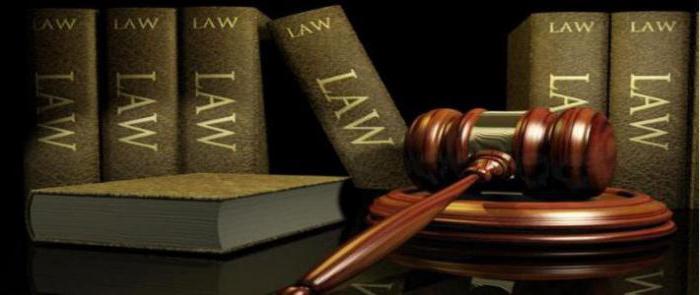
The Supreme Court is the highest judicial authority. This, one might say, is the final and most important instance in the entire system of general jurisdiction - a system that works directly with Russian citizens. It is worth telling more about the structure of the Supreme Court.
About the structure of the Supreme Court
The structure of the supreme court of law (hereinafter referred to as the Supreme Court) consists of the following bodies:
- Plenum.
- Presidium.
- Cassation Board.
- Judicial colleges for civil, criminal and military matters.
What does the plenum do? Here, everything is led by the chairman of the Armed Forces, appointed by the Federation Council. The plenary session resolves issues on the generalization of judicial practice, modernization of all activities of the court, lawmaking is carried out, etc. The Presidium is engaged in more specific activities. This is the consideration of new court cases, the analysis of judicial practice, control and supervisory activity of lower instances, etc.
In the cassation collegium, cases are decided again, that is, as a second instance. All other colleges are engaged in professional activities within their powers.
About district courts
The district court is considered the most common court in the system of general jurisdiction. She carries out all types of proceedings as a court of the first link and second link in relation to the justice of the peace. As it’s not difficult to guess, district courts are located in separate areas of a particular constituent entity of the Russian Federation. There are also inter-district authorities - city, regional, regional, etc.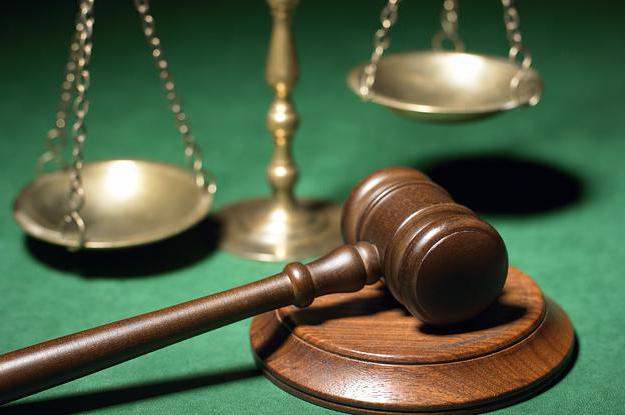
The district court employs professional judges whose duties include:
- hearing cases;
- election of sanctions;
- consideration of applications;
- the issuance of sentences, etc.
The decision of the district courts as judicial bodies and the judicial system may be submitted to the Supreme Court as an instance of cassation or appeal. At the same time, the district courts themselves can be the second links - in relation to the so-called justices of the peace.
About Justice of the Peace
In the entire Russian judicial system, justices of the peace are considered the lowest instances. The justice of the peace exercises his powers alone. He is engaged in the consideration of minor civil cases. Here are his powers indicated by law:
- criminal cases of crimes for which the punishment may not exceed three years;
- cases on the issuance of judicial orders;
- divorce cases, but provided that the spouses have no children;
- cases on the division of property, the amount of which does not exceed 50 thousand rubles;
- Cases on some property disputes, the value of the subject of which still does not exceed 50 thousand rubles;
- cases of the establishment or deprivation of paternity or motherhood.
The justice of the peace acts only as a first instance.
About military courts
What is a military court as a judicial authority? The jurisdiction of a military-type court is spelled out in FKZ No. 1 "On Military Courts". Here are the powers of military judges here:
- Consideration of cases of crimes committed by the military of the Russian Armed Forces, conscripts, contract soldiers, representatives of the officers, sergeants, midshipmen, sailors, etc.
- Consideration of offenses in the civil justice system. We are talking about conflicts between the military and the Russian Ministry of Defense.
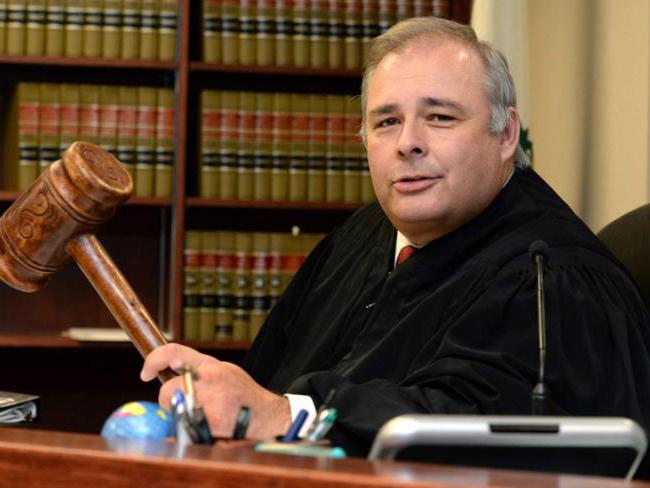
It is worth noting that the military court itself is part of the general jurisdiction system. He submits to the Supreme Court of the Russian Federation; moreover, it is even part of it. There are several types of military type vessels: naval, garrison, district and others. All of them are first-class vessels. If we talk about the second, cassation instance, then it is worth noting the military board of the Supreme Court of the Russian Federation.
About arbitration courts
In the third judicial branch, namely, the arbitration, until 2014 there was a Supreme Arbitration Court. By the decision of the parliament and the president, this instance was dissolved, and in its place a collegium for the resolution of economic disputes, which is part of the Supreme Court, appeared. In the regions, today there are arbitration courts, which are subordinate to the board represented. 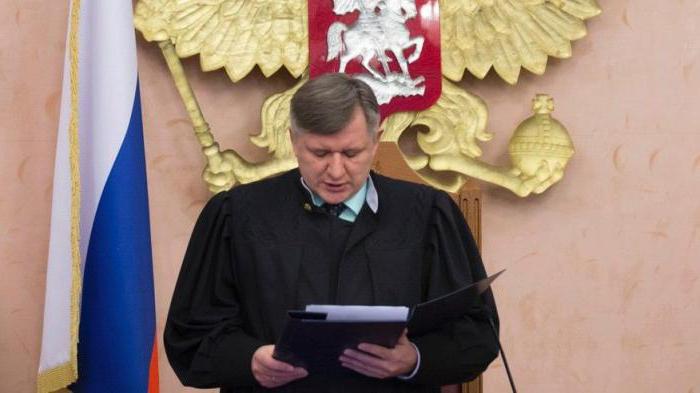
What is an arbitration court as a judicial authority? Briefly describe his authority as follows:
- protection of the legitimate interests of individuals and legal entities in the field of economic and entrepreneurial nature;
- restoration of violated rights of persons in the same field;
- strengthening the rule of law and following the legislation of the Russian Federation in the presented field of activity;
- implementation of state policy within the framework of their professional competence.
Accordingly, the arbitral tribunals themselves are engaged in the study and synthesis of judicial statistics and practice, the resolution of disputes, activities for the administration of justice, etc.
About Arbitration Courts
Arbitration courts are not included in the system of state power, but it is worth mentioning them. Nevertheless, the arbitral tribunal as a judicial authority is also capable of carrying out legal and independent functions. The powers of the authority represented are very similar to the functions of arbitration courts. One difference - arbitration courts, as a rule, carry out their activities on a paid basis, and therefore often much more efficiently and efficiently.
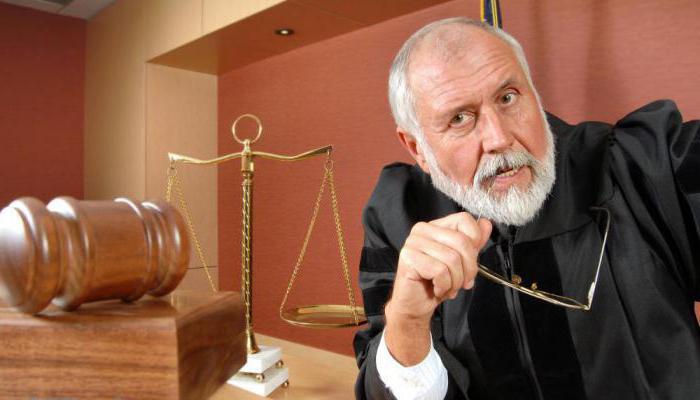
Arbitration courts hear and resolve economic disputes between legal entities and ordinary citizens. The arbitration tribunal includes a special panel of arbitrators. The decisions of such courts are binding, otherwise the offender may be fined.